Let’s be honest—space is precious. Whether your family’s growing, your lifestyle’s changing, or you just need room to breathe, adding a house extension in the UK can be one of the smartest decisions you make.
But, before you start dreaming of open-plan kitchens and sun-soaked garden rooms, let’s unpack what a home extension really involves—from planning and design to regulations and return on investment.
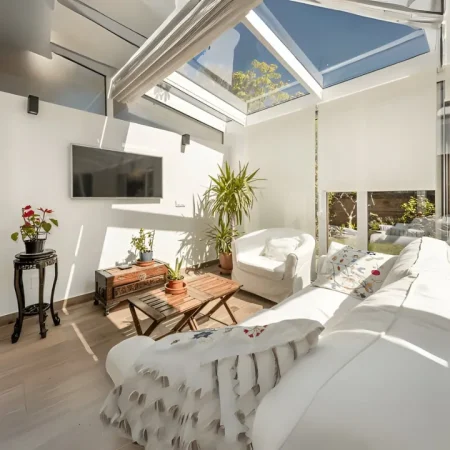

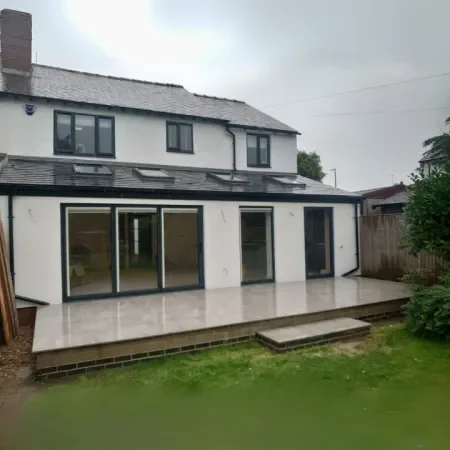
You’ve probably thought about moving. Maybe you even browsed a few listings. But the property market in the UK is a rollercoaster, and moving costs? Let’s just say they’re not pocket change. That’s why many homeowners are choosing to improve instead of relocate.A well-planned house extension gives you:
And the best part? You get to stay in the home you already love.

Now, not all extensions are created equal. The type of house extension you choose depends on your space, budget, and goals. Let’s break down the most common ones:
This is your go-to if you want to expand your kitchen, add a dining area, or open up the back of your house. Single-storey extensions are often built to the rear or side of the property and are ideal for creating that open-plan living dream.
Double the floors, double the space. This one’s perfect if you need both extra bedrooms and more downstairs space. Yes, it costs more than a single-storey, but the value it adds is usually worth every penny.
Think of this as the extension all-rounder. It combines a side and rear extension to form an L-shape, maximizing space in both directions. It’s popular with corner plots and semi-detached homes.
Have a garage that’s collecting dust and old furniture? Turn it into a new living room, playroom, or even a mini home office.
Okay, it’s technically not an “extension” in the traditional sense, but it still adds space. Converting that unused attic into a master suite or office is a clever move, especially in cities where land is limited.
Ah, the big question. Do you need planning permission? The answer is: sometimes.
Under Permitted Development Rights, many house extensions in the UK can go ahead without formal permission. But—and this is important—you still need to follow strict guidelines. For example:
If you’re planning a larger or double-storey extension, or if your property is in a conservation area or is listed, then yes—you will need planning permission.
Pro tip: Always check with your local planning authority before starting. Better safe than sorry, right?
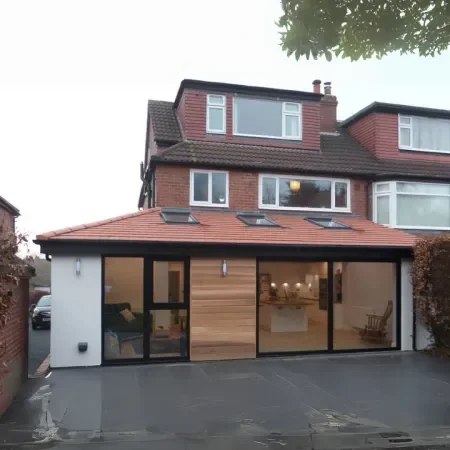

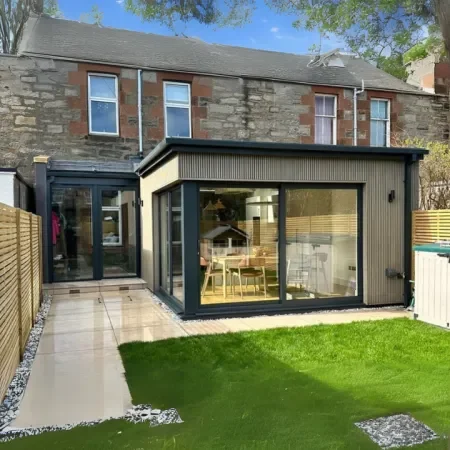
Even if you don’t need planning permission, you do need to meet building regulations. These ensure your extension is structurally sound, safe, and energy efficient. Building regulations typically cover:
Once your build is complete, you’ll receive a completion certificate from building control. This is super important if you ever plan to sell your home.

This is where things get exciting. You’ve got your space and permissions sorted—now comes the creative bit.
Yes, it’s tempting to DIY the design using online tools, but a good architect or designer will:
An extension isn’t just about adding space—it’s about how the space connects. A beautifully designed kitchen-diner means nothing if it cuts off access to your garden or doesn’t match the rest of your house.
Consider adding bi-fold doors, roof lanterns, or skylights to flood your extension with natural light. It’ll make a world of difference.
Let’s talk money. Costs can vary depending on your location, the type of extension, and the finish you’re going for. But here’s a rough guide:
These figures don’t include VAT, professional fees, or unexpected surprises (and trust me, there’s always one).It’s smart to have a 10–15% contingency budget. Builders may find things you didn’t know were issues—like dodgy pipes or ancient wiring.
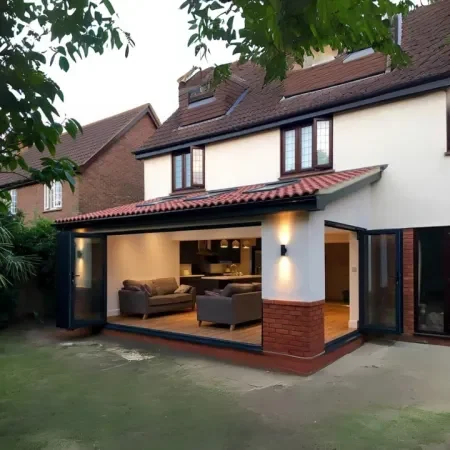

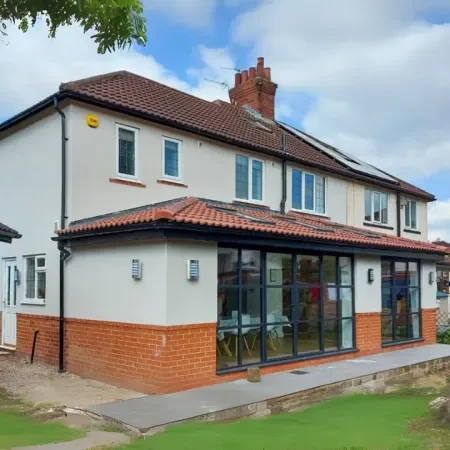
Choosing the right builder can make or break your project. Here’s how to avoid cowboy builders:
And please, please don’t pay the full amount upfront. A reasonable deposit is standard, but the rest should be linked to project milestones.

In most cases—yes. Adding space to your home is one of the most effective ways to boost its market value, especially in high-demand areas like London, Manchester, or Birmingham. That said, the return on investment depends on:
A double-storey extension with extra bedrooms could add 20–30% to your home’s value, while a well-done kitchen-diner might increase it by 10–15%. But even if you don’t plan to sell soon, you’ll benefit from the space every single day.
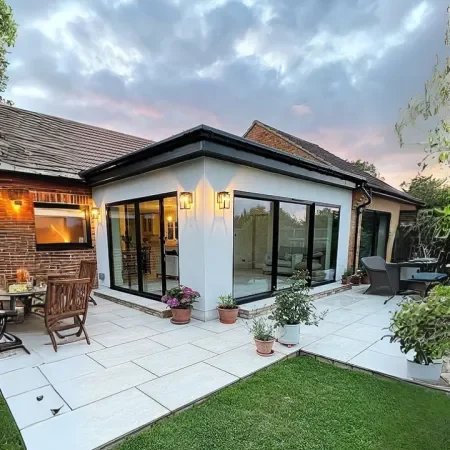

House extensions aren’t just for adding square footage—they’re about enhancing how you live. Whether it’s a sleek modern kitchen, a new guest bedroom, or a quiet workspace, the right extension can transform your home—and your lifestyle.
If you’re ready to upgrade your living space, take the time to plan it right, get the right team, and don’t cut corners. It’s an investment in your home and your future

At Roysh Renovation, we specialize in turning your dreams into reality. With years of experience in the home renovation and house building services industry, we are your trusted partners for all your residential construction needs.